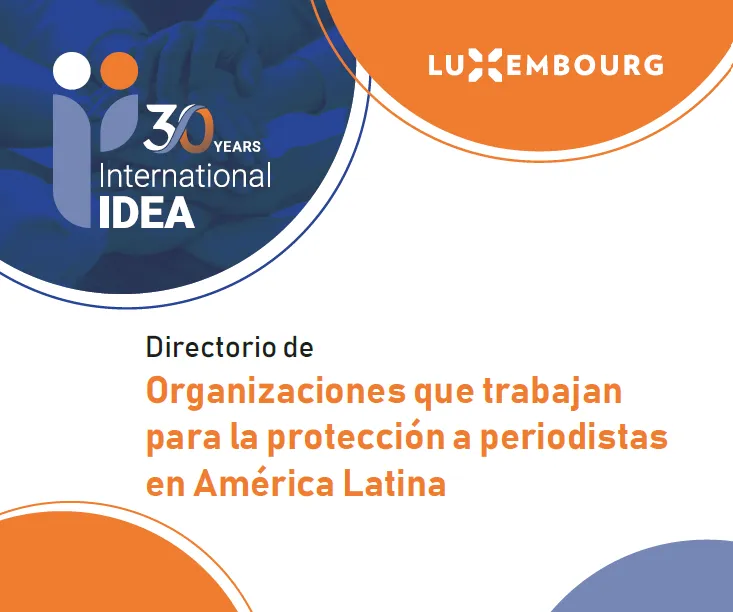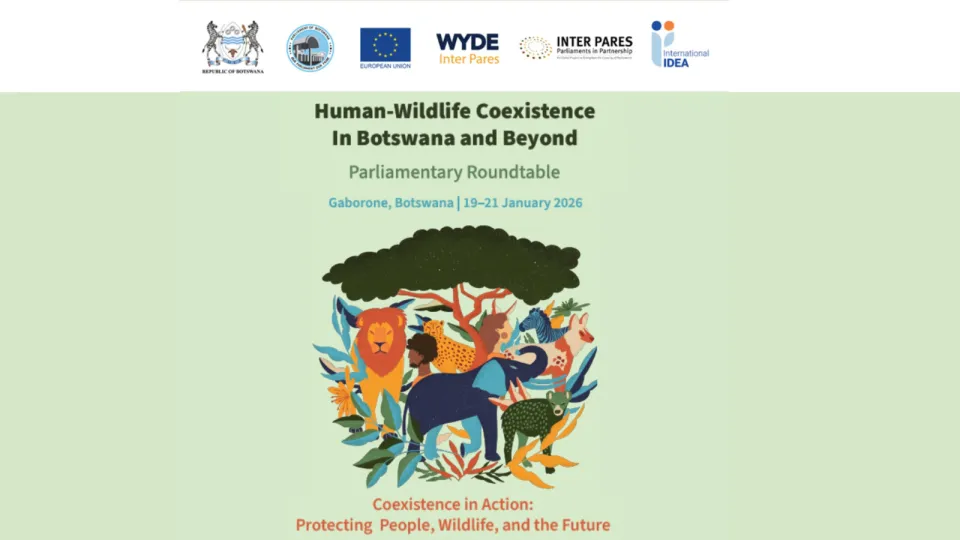Supporting evidence-based political finance reforms in the Commonwealth countries

International IDEA’s political finance data informed the debate at the Expert Review Meeting on Commonwealth legislative approaches to political finance regulation, organised by the Commonwealth Secretariat in London on 10-11 February.
The Commonwealth consists of 54 member countries and includes both advanced economies and developing countries. Despite different socioeconomic and political conditions among their member countries, one of the common challenges across all the member countries is how to effectively regulate funding of political parties and election campaigns. In order to identify good legislative practices to increase transparency and accountability in political finance, the Commonwealth Secretariat has conducted a review of political finance legislative frameworks in 24 Commonwealth countries. International IDEA provided political finance data to this research and was invited to the Expert Review Meeting in London on 10-11 February in order to provide technical expertise and review the draft report.
While significant efforts to update political finance systems have been made in several Commonwealth countries such as South Africa, there are still areas that require further improvement. For example, one of the most important pillars of any political finance systems relates to how to disclose political finance information for meaningful public scrutiny. A lack of information on how much money circulates in and around electoral campaigns, where resources are coming from and how they are spent could facilitate corruption and undermine the integrity of political participation and representation. According to International IDEA’s political finance database, 40.4 per cent of the Commonwealth countries require political finance reports to be made public while the global average stands at 60.1 per cent. While countries like the UK and Canada already have a comprehensive disclosure system, many Commonwealth countries are encouraged to place an appropriate disclosure mechanism within their political finance systems. In addition, in order to allow comprehensive and proactive disclosure, political finance data should be timely, reliable, accessible and intelligible. In this context, online technologies facilitate information disclosure being organised in such a manner. International IDEA’s recent handbook can support countries in developing digital solutions for political finance reporting and disclosure.
In addition, having political finance regulations on paper does not guarantee their implementation. In order to ensure the compliance with political finance regulations, political finance oversight agencies need to have political independence, sufficient budget, legal powers and specialised expertise of personnel. Data shows that the Commonwealth countries could consider giving more powers to oversight agencies. For example, while 41.7 per cent of countries in the world allow political finance oversight agencies to request additional information from potential violators, only 25 per cent of Commonwealth countries grant such power to their oversight agencies. Similarly, when it comes to imposing sanctions, such power is granted to political finance oversight agencies only in 17.3 per cent of Commonwealth countries. Although there is no one-size-fits-all model, further discussion on how to empower political finance oversight agencies is needed in many Commonwealth countries.
International IDEA remains ready to support evidence-based political finance reforms in the Commonwealth countries and beyond. International IDEA’s most recent assessments on political finance systems in Asia, Africa, Latina America and Eastern Europe are now available for download.




